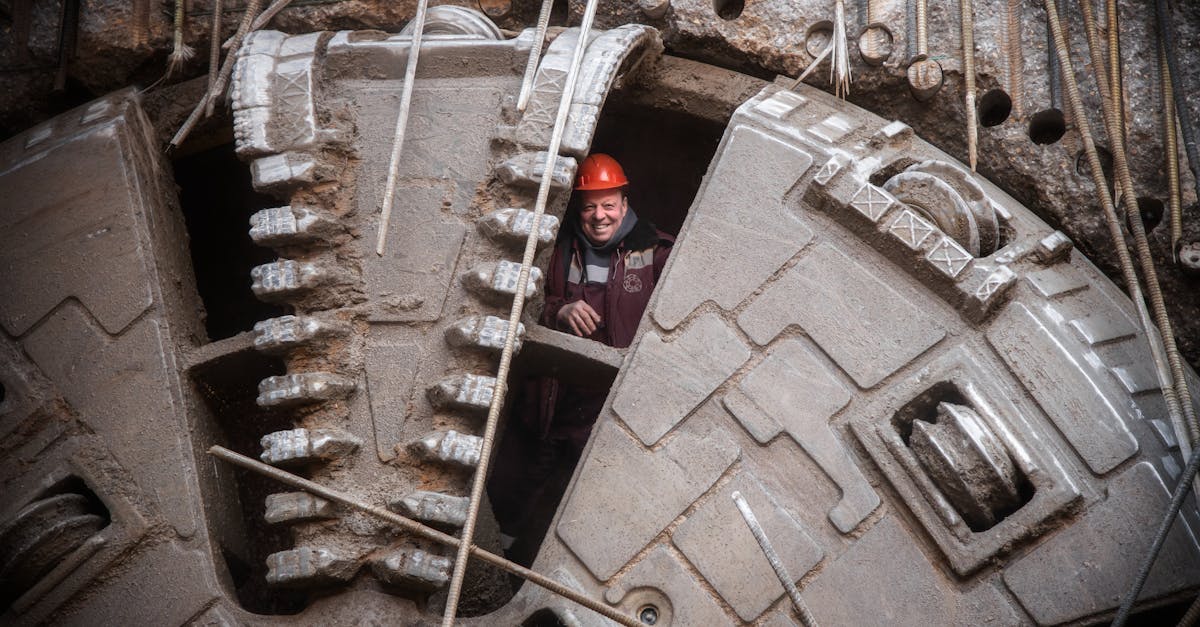The core argument made in a recent opinion piece from the Honolulu Star-Advertiser stresses a fundamental truth: a home is much more than just bricks and mortar. It is, in essence, a system and relies heavily on the supporting infrastructure. Without reliable water, sanitation, power, and roads, a dwelling becomes uninhabitable.
This perspective is particularly pertinent in Hawaii, where the cost of living is high and the availability of affordable housing is a pressing issue. The success of any housing project is intrinsically linked to the available and well-functioning infrastructure to support it. Innovative funding models for infrastructure development are not merely beneficial; they are essential for sustainable community development.
Furthermore, the importance of infrastructure extends beyond housing. The maintenance and expansion of infrastructure directly impacts business operations, tourism, and overall economic growth. As a column in the Honolulu Star-Advertiser states: "One of Hawaii’s most endearing traits is its small-town feel. We take care of each other, and we watch out for each other." Improving infrastructure is a way that takes care of each other. Addressing infrastructure needs requires careful consideration of long-term financial planning, public-private partnerships, and innovative financing mechanisms. Consideration should go into how infrastructure could be improved through government's help and private investment. A study by the Tennessee Advisory Commission on Intergovernmental Relations (TACIR) outlines how funding could be used by government.
Ultimately, the development of strong infrastructure ensures that Hawaii remains a livable and prosperous state for all its residents.



